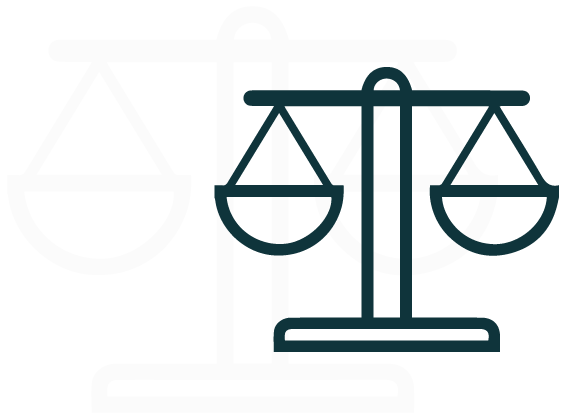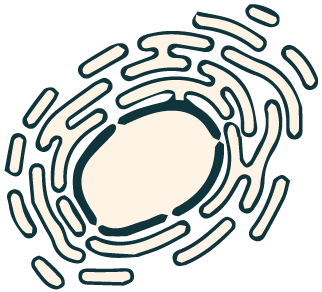This website uses cookies to ensure you get the best experience on our website.
- Table of Contents
Facts about Muscle, skeletal receptor tyrosine-protein kinase.

The activation of MUSK in myotubes modulates the formation of NMJs through the regulation of different procedures including the specific expression of genes in subsynaptic nuclei, the reorganization of the actin cytoskeleton as well as the clustering of the acetylcholine receptors (AChR) in the postsynaptic membrane. May regulate AChR phosphorylation and clustering through activation of ABL1 and Src family kinases which in turn regulate MUSK.
| Human | |
|---|---|
| Gene Name: | MUSK |
| Uniprot: | O15146 |
| Entrez: | 4593 |

| Belongs to: |
|---|
| protein kinase superfamily |

EC 2.7.10; EC 2.7.10.1; MGC126323; MGC126324; muscle, skeletal, receptor tyrosine kinase; MuSK; skeletal receptor tyrosine-protein kinase
Mass (kDA):
97.056 kDA

| Human | |
|---|---|
| Location: | 9q31.3 |
| Sequence: | 9; NC_000009.12 (110668189..110806633) |
Cell junction, synapse, postsynaptic cell membrane; Single-pass type I membrane protein. Colocalizes with acetylcholine receptors (AChR) to the postsynaptic cell membrane of the neuromuscular junction.





PMID: 7546737 by Valenzuela D.M., et al. Receptor tyrosine kinase specific for the skeletal muscle lineage: expression in embryonic muscle, at the neuromuscular junction, and after injury.
PMID: 20603078 by Bergamin E., et al. The cytoplasmic adaptor protein Dok7 activates the receptor tyrosine kinase MuSK via dimerization.